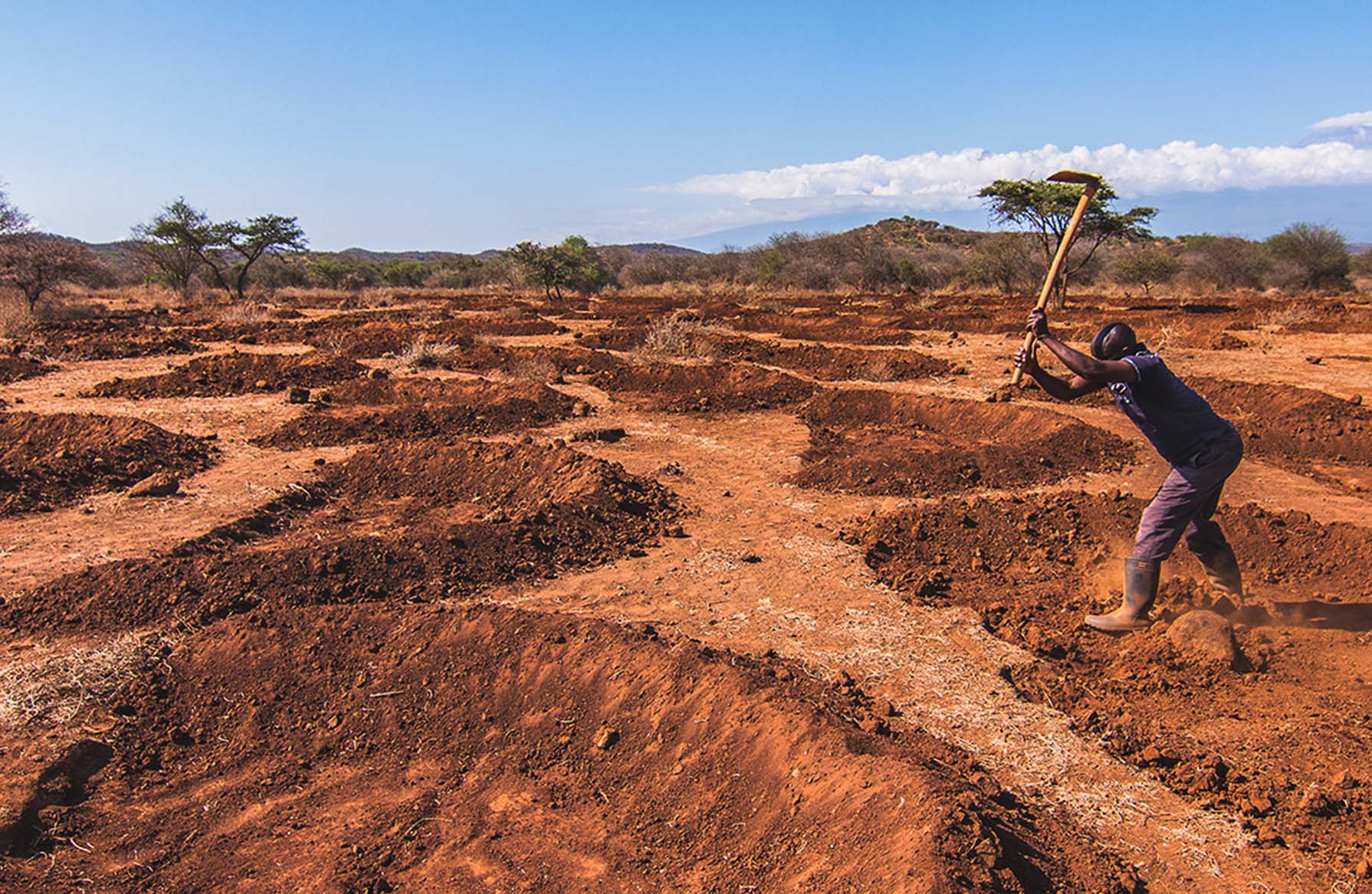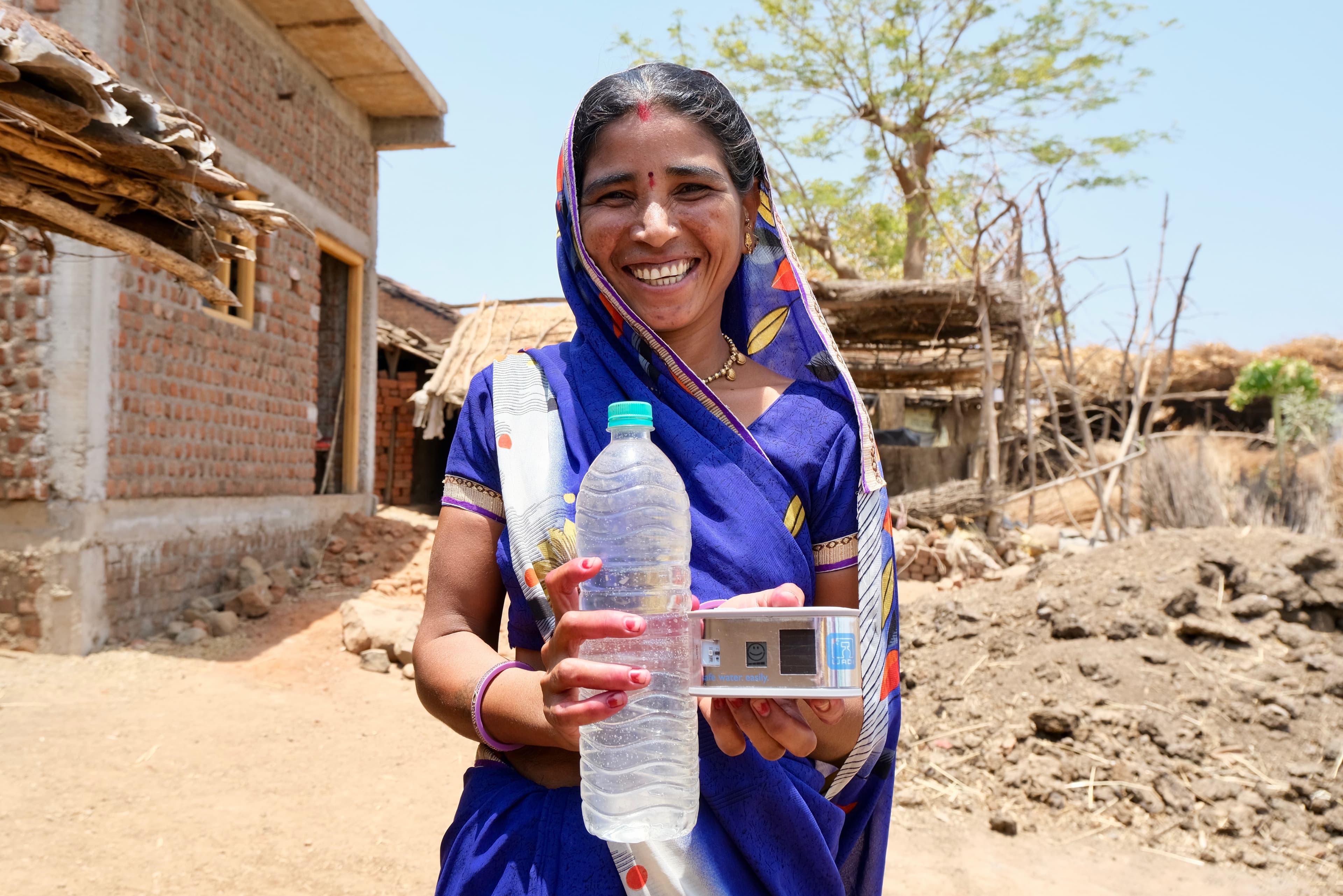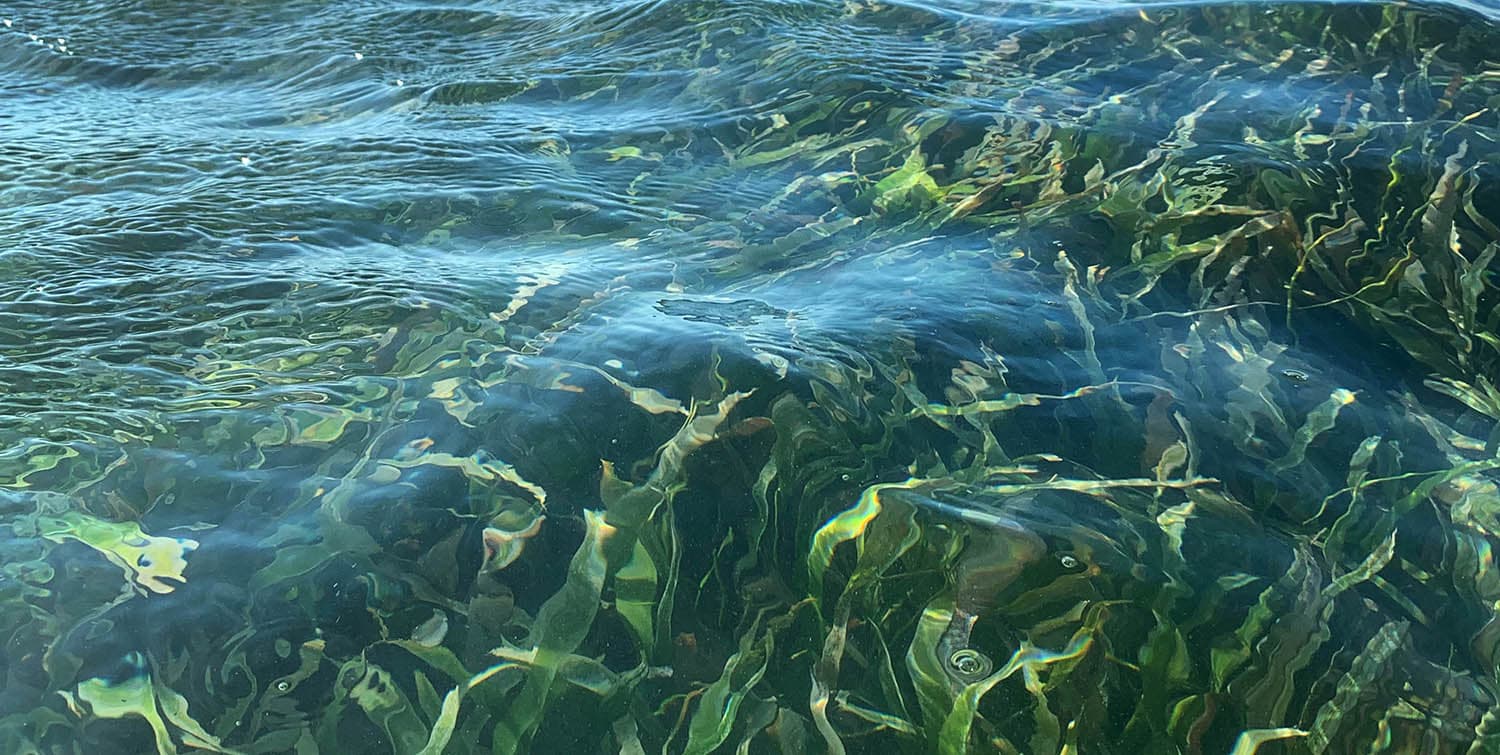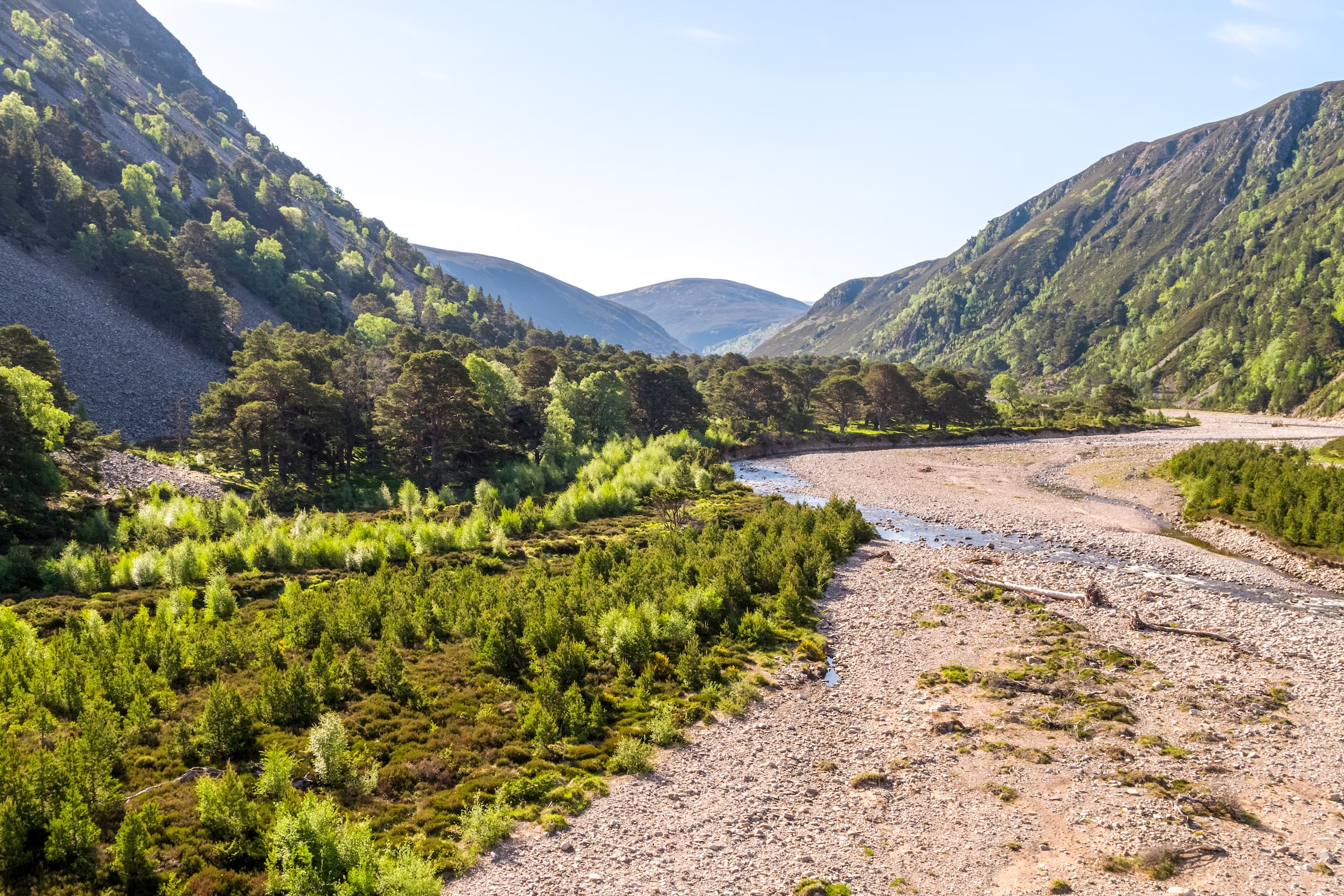

Vote now in our Nature & Biodiversity Peer Group initiative!
It's time to make a positive impact! We're supporting 4 sustainability projects globally, and you decide where the funds go!
Voting is now closed

Make a personal donation
Thanks for voting! Scroll down to see live results. If you’d like to make an optional personal donation, just choose the amount below.
See below the projects we’re supporting!
There are four inspirational projects to choose from. Read more about them, pick your favorite and cast your vote to support them. Your vote makes a direct impact on these projects.
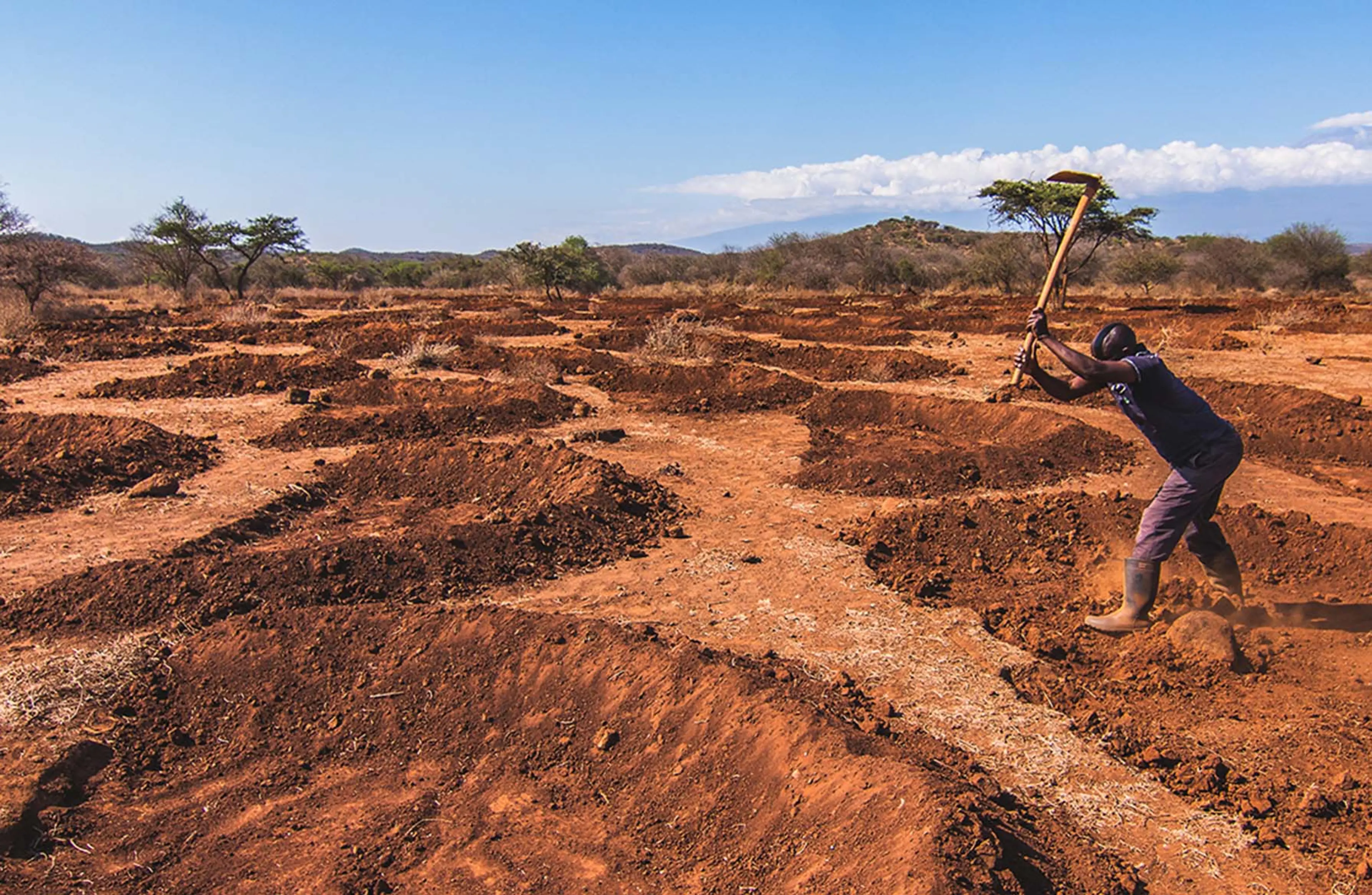
Regreening - Rainwater Harvesting – Water Bunds (Earth Smiles)
Nature-based solutions are now recognised as a key element of tackling climate change. Justdiggit, restores desertified, dry land using proven techniques including rainwater harvesting (digging bunds, or ‘earth smiles’).
Find out more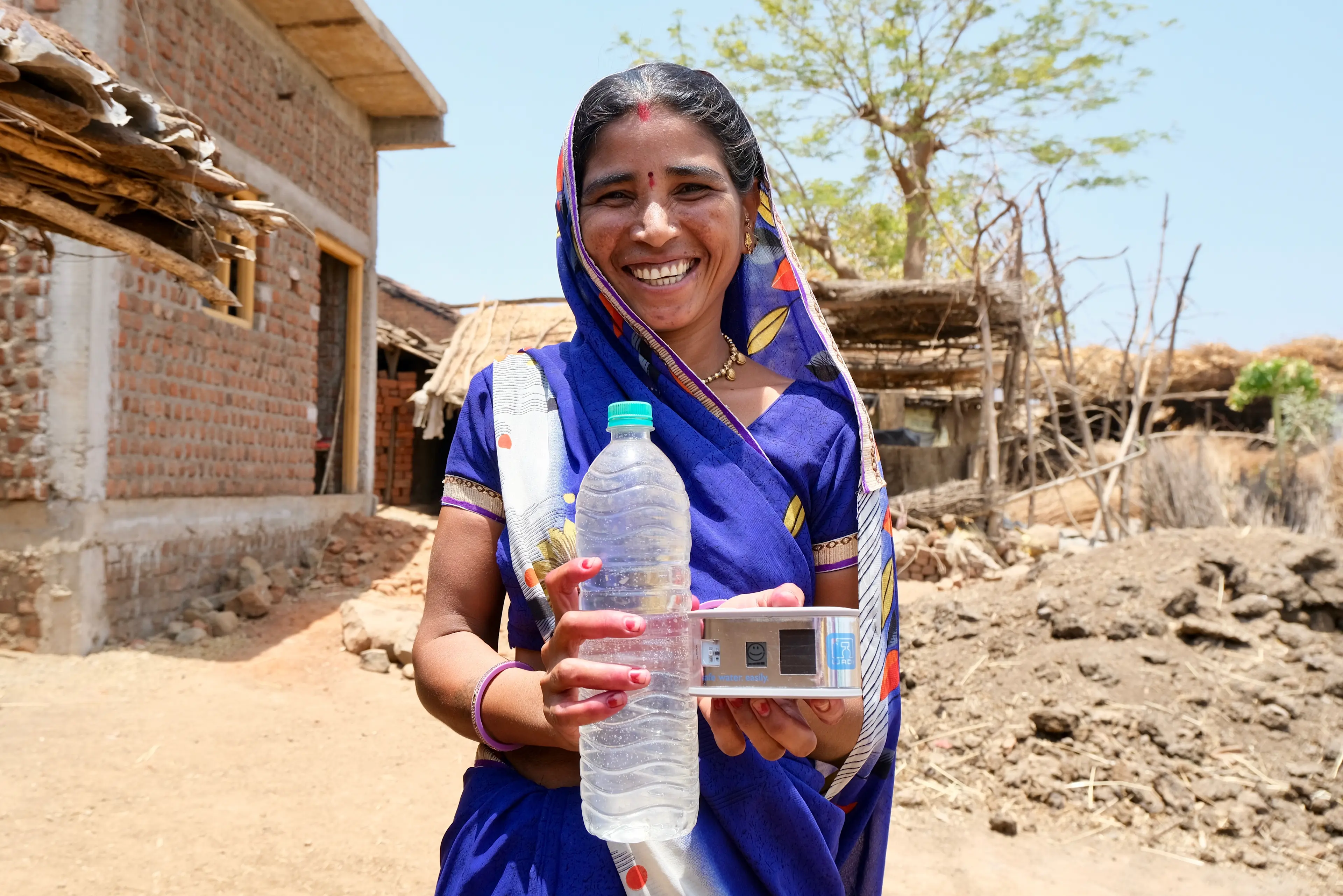
Water purification with Solar WADI devices in India
Project WADI distributes solar water distillation devices (WADIs) to families in Madhya Pradesh, India, providing access to safe drinking water and reducing reliance on boiling water for purification, thereby cutting CO2 emissions and deforestation. WADI is a solar-powered UV measurement device. It indicates when contaminated water in PET bottles (up to 3L) has been disinfected by the sun's UV radiation and is safe to drink. A smiley face appears on the WADI display when the water is ready.
Find out more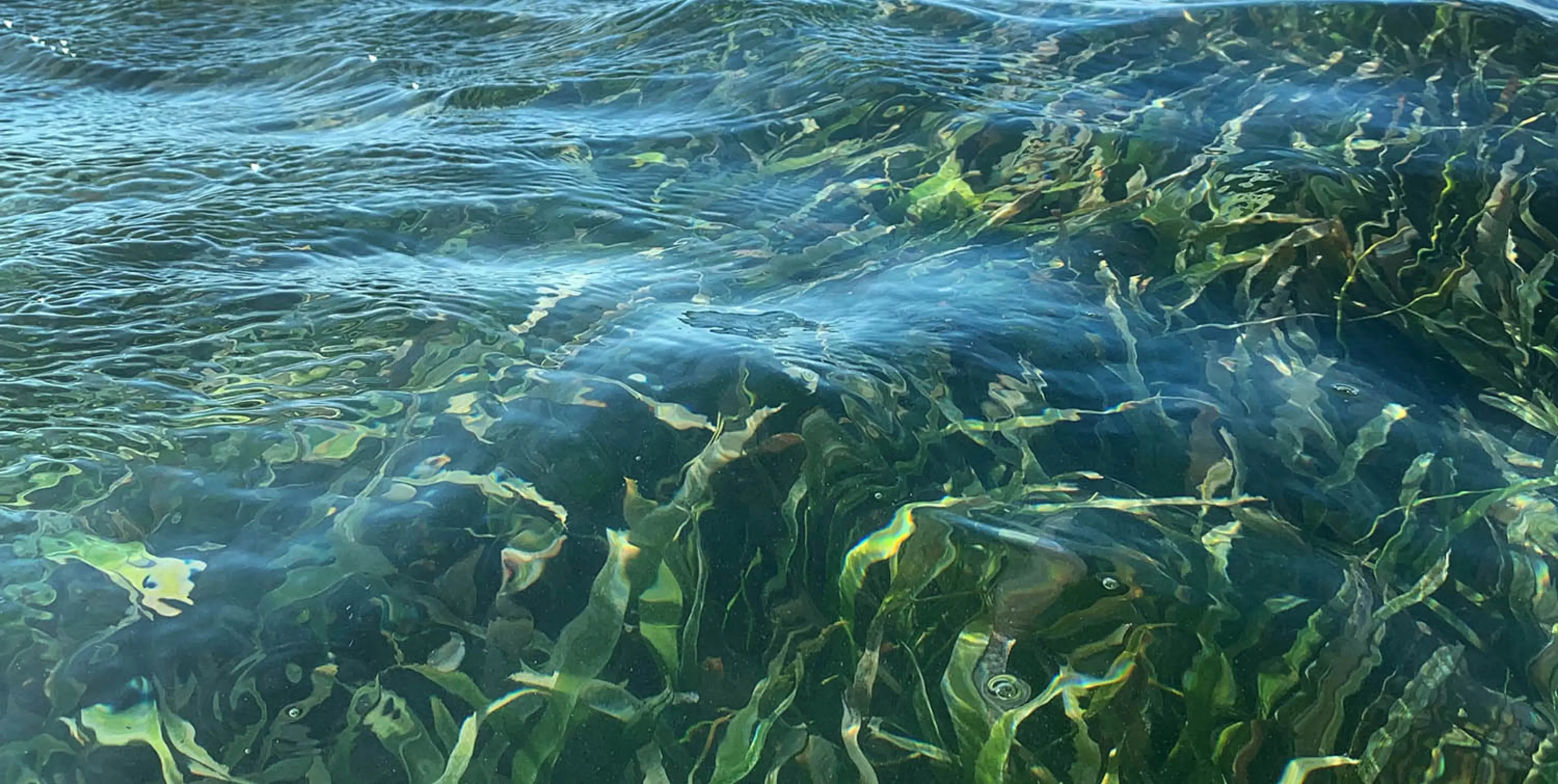
Seagrass and mangrove restoration Puerto Rico
Seagrass is a wonder plant. It takes carbon from the atmosphere up to 35 times faster than tropical rainforests. Sadly, seagrass, which is found in shallow waters of coastal regions, has been declining globally at a rate of about 7% a year since 1990 – we must reverse this trend. Planting and protecting seagrass meadows is one of the most effective ways we can tackle climate change. Mangroves another critical "blue carbon" ecosystem, store up to five times as much carbon, in their biomass and soils, as tropical upland forests. Mangroves - estimated since the 1950's to have decreased globally by 50% due to land use changes - are critical to protect and restore with a diverse array of holistic benefits to coastal habitats; acting as biodiversity hotspots with a vibrant array of species from shellfish to fish species finding shelter amongst their roots as juveniles. Whilst they are key to adaptation and resilience from increasing intensity and frequency of extreme weather events exacerbated by climate change, acting as natural barriers and stabling coastlines.
Find out more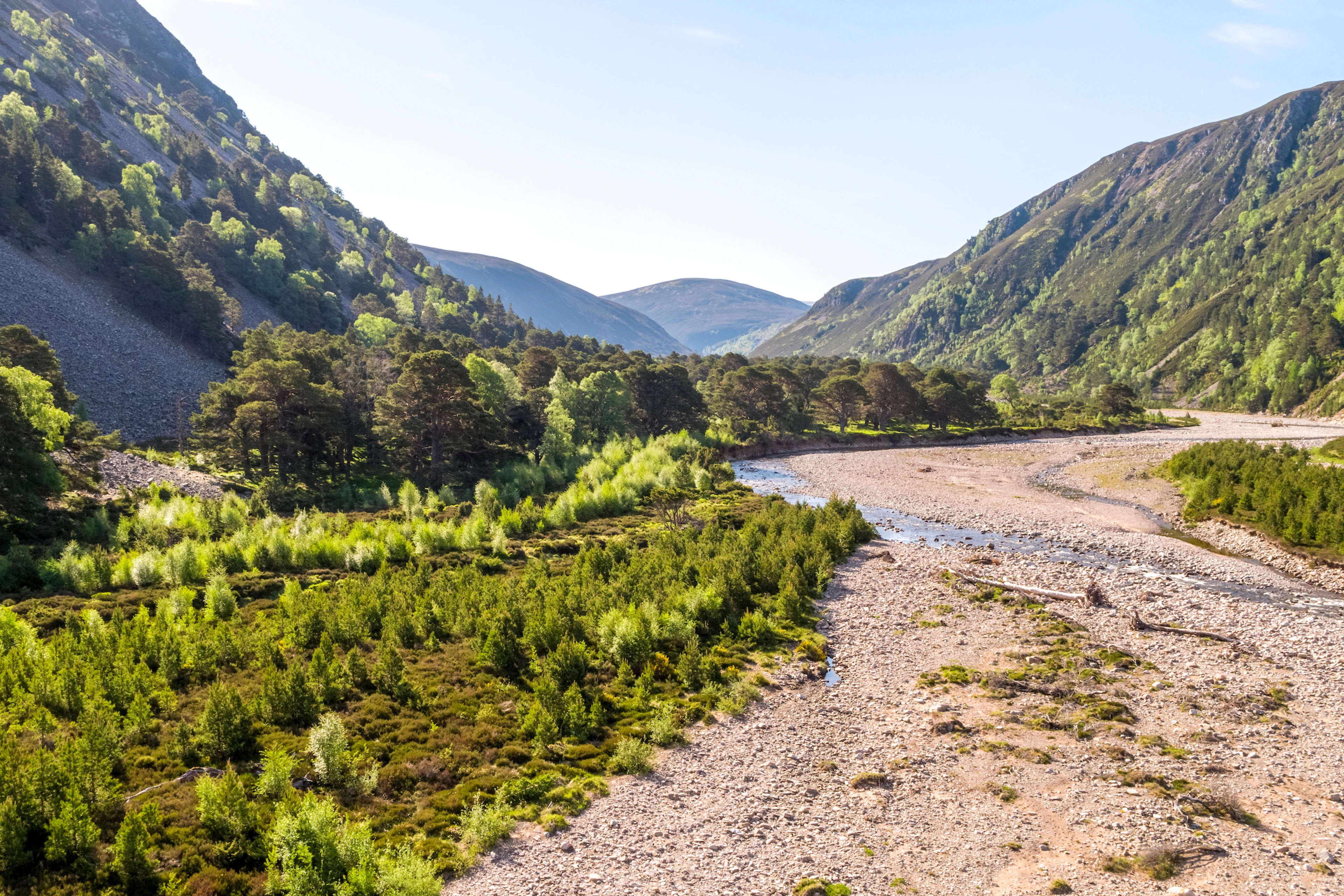
Rewilding in Scotland
Established in 2008 by photographers, filmmakers and writers, SCOTLAND: The Big Picture became the first organisation in Scotland dedicated to communicating the benefits of rewilding and bringing the conversation into the mainstream. Their vision is of a vast network of rewilded land and water across Scotland, where wildlife flourishes and people thrive. Today they remain dedicated to making rewilding happen across Scotland as a solution to the growing climate and biodiversity crises — by influencing opinion and delivering practical change.
Find out more